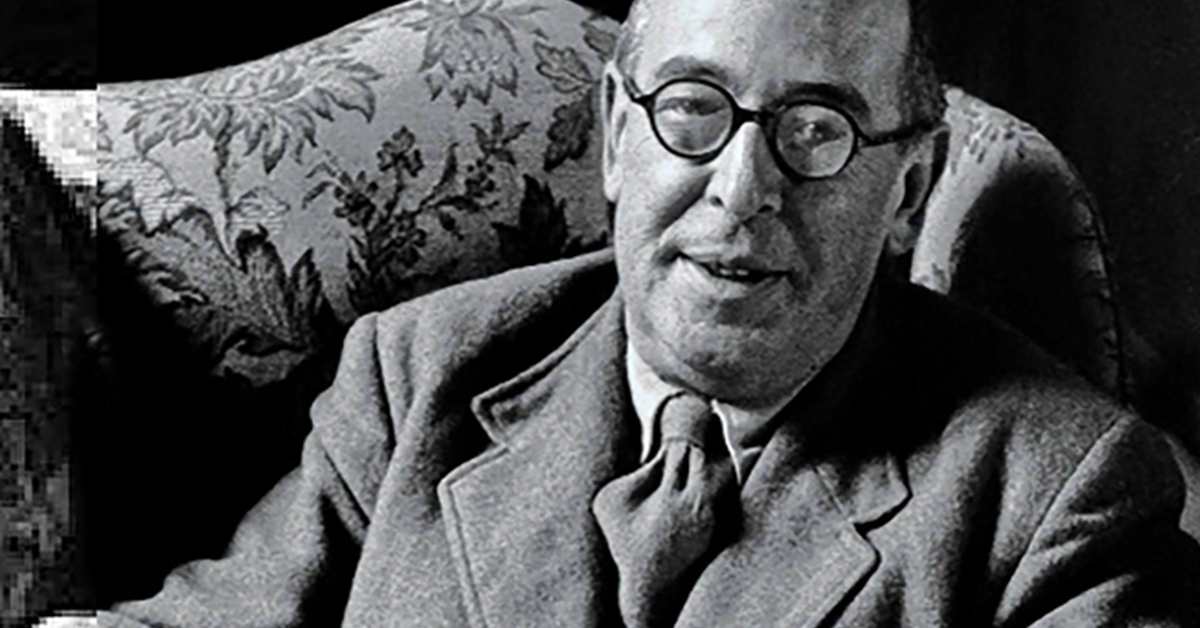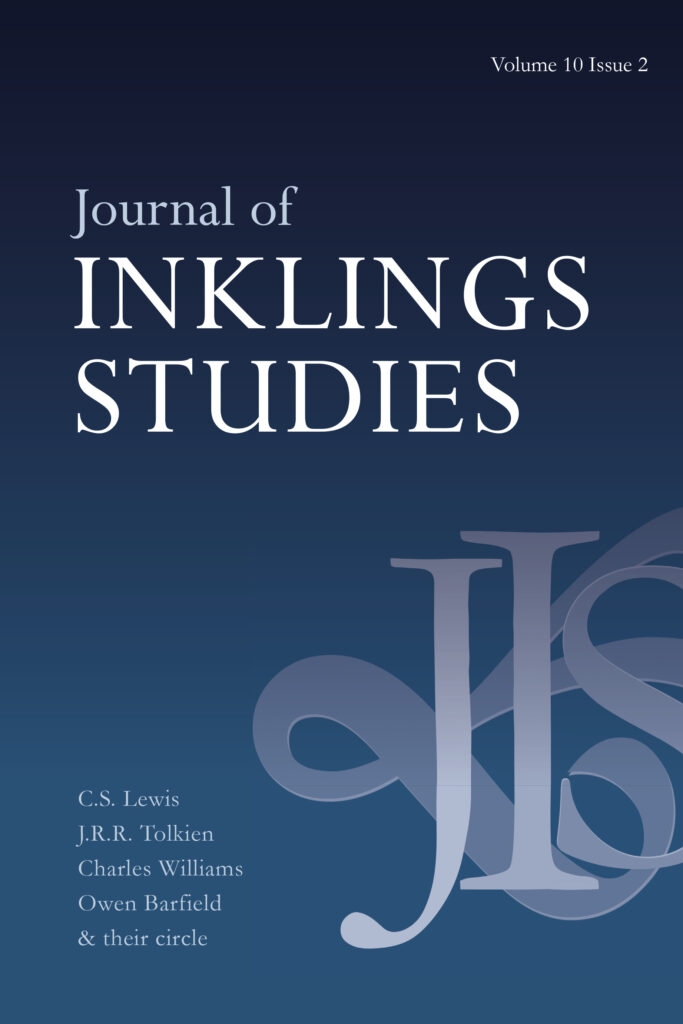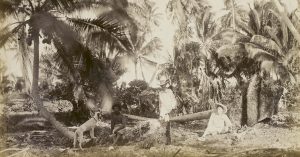
By Derek King
C. S. Lewis’s Till We Have Faces is a brilliant piece of fiction but also a mediation on an old problem called the problem of divine hiddenness.
The problem of divine hiddenness refers to a lack in our knowledge of God but can take different forms. For instance, the Psalmist’s cry to the Lord, “how long will you hide your face from me?” is an example of an experienced hiddenness.
J. L. Schellenberg’s philosophical argument from divine hiddenness is an example of an intellectual hiddenness. According to Schellenberg, the existence of a perfectly loving God and nonbelievers who do not resist God is incompatible. Since, he argues, there are nonbelievers who do not resist God, then a perfectly loving God does not exist.
In either form, divine hiddenness occasions an objection against God.
Interwoven into some of his best fiction, Lewis’s Till We Have Faces (TWHF) reflects on this problem at length. Despite predating Schellenberg by almost fifty years, TWHF anticipates Schellenberg’s problem and a few responses to it.
TWHF is, as the subtitle says, a myth retold.[1] The original is Apuleius’s tale of Cupid and Psyche, whose love is characterized by Cupid’s visiting Psyche in the bedroom but forbidding her to look upon his face. Like the original, TWHF is set in the pre-Christian, pagan (albeit fictional) world of Glome. It is the story of Orual as told by herself.
Unlike her half-sister Psyche, Orual has a conflicted relationship with the gods, mostly characterized by disdain, and the first book of TWHF is Orual’s accusation against them. Her accusation is a version of the problem of divine hiddenness. Her complaint is surely echoed in many seekers of God: ‘if they had an honest intention to guide us, why is their guidance not plain?’ (TWHF 133-134)
Orual’s makes her complaint plain,
I say the gods deal very unrightly with us. For they will neither (which would be best of all) go away and leave us to live our own short days to ourselves, nor will they show themselves openly and tell us what they would have us do. For that too would be endurable. But to hint and hover, to draw near us in dreams and oracles, or in a waking vision that vanishes as soon as seen, to be dead silent when we question them and then glide back and whisper (words we cannot understand) in our ears when we most wish to be free of them, and to show to one what they hide from another; what is all this but cat-and-mouse play, blindman’s bluff, and mere jugglery?
(TWHF 249)
This version of the problem of divine hiddenness is relatable to many.
Yet, Lewis is not content with forceful expressions of the problem. He also hints at solutions.
One example is the account Lewis gives us of Orual’s transformation, which we read about in the latter part of the story. She looks back on her frustrations with the gods as an act of grace. She sees reflected in herself the very picture she has of the gods—selfish, wicked, and veiled. She concludes,
I saw well why the gods do not speak to us openly, nor let us answer. Till that word can be dug out of us, why should they hear the babble that we think we mean? How can they meet us face to face till we have faces?
(TWHF 294)
The appeal to moral formation within hiddenness is echoed in Paul Moser’s response to Schellenberg. The knowledge of God is ‘morally challenging…and morally transforming.’[2] Instead of seeking God on our terms, we must instead seek God on God’s terms.
Still, in our search for solutions to this problem, Lewis reminds us that intellectual responses accomplish very little. A debate over the hiddenness of God is, after all, only a debate. Orual describes coming face to face with the god like this: ‘He made it to be as if…all my doubtings, fears, guesses, debatings, questionings…had been trumped up foolery, dust blown in my own eyes by myself’ (TWHF 173). Before the face of God, says Orual, questions about God’s hiddenness die away. The rest is ‘Only words, words; to be led out to battle against other words’ (TWHF 308).
Derek S. King is a Ph.D. candidate at the University of St Andrews. His research is on the problem of divine hiddenness, patristic theology, and Gregory of Nyssa.
Some of the above was drawn from King’s article, which can be found in the Journal of Inklings Studies.
[1] References to Till We Have Faces will be in-text and abbreviated with ‘TWHF.’ I use the following version: C. S. Lewis, Till We Have Faces: A Myth Retold (New York, N.Y.: Harvest Books, 1984).
[2] Moser, 96.
The Journal of Inklings Studies is dedicated to the work and legacies of the Oxford Inklings, the literary circle centred on C.S. Lewis, J.R.R. Tolkien, Charles Williams and Owen Barfield. Established in 2005, the journal has been publishing some of the best scholarship in the field, as well as unpublished texts by its subject authors.






